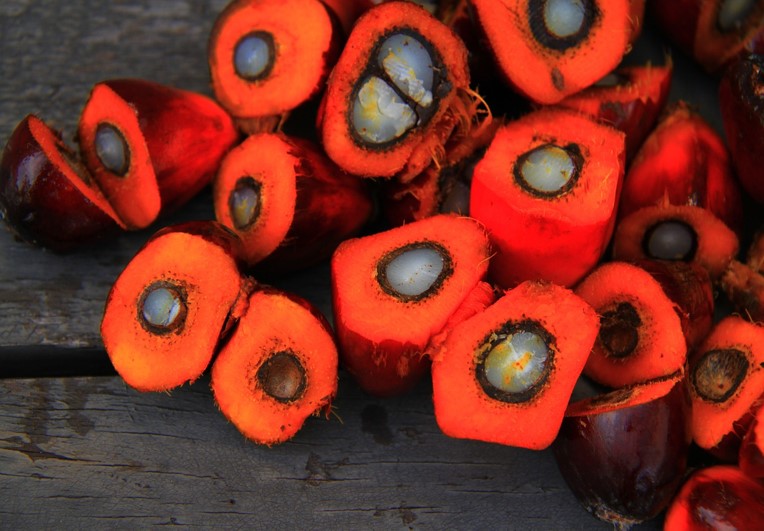

Perhaps this question has taken you by surprise. Although the vast majority of the recipes we find on the internet do not include it among their ingredients, palm oil is present in almost everything we consume on a daily basis. Sauces, dressings, chocolate spreads, cosmetic and personal care products, you name it. If you pay attention to the composition of the products, it is very likely that palm oil is part of the ingredients. This is because it is an oil that offers a versatility that no other oil on the market offers. Not only because it is cost-effective, but also because it can be produced in large quantities without the need to use thousands of hectares. Each tree is capable of producing 40 kilograms of oil each year. That is 4 to 10 times more than other types of oil.
Versatility that is unrivaled
The world’s major product manufacturers prefer palm oil because it allows them to produce a wide variety of high-quality products. One of the properties that makes this oil so special is that it does not change the odor or color of the products. In addition, it adds a pleasant consistency that cannot be achieved with other oils. For example, the chocolate spread that you like so much has that delicious and palatable consistency thanks to palm oil. To achieve the same effect, it would be necessary to hydrogenate the products. The hydrogenation process is responsible for the generation of the dreaded trans fats, which are responsible for causing heart problems. When companies use palm oil, they do not need to hydrogenate the products. This makes the products healthier, more delicious and with a pleasant texture.
Palm oil as a driver of economic development
This vegetable oil is so widely used in the world that the countries that produce it the most, such as Indonesia and Malaysia, have it as a fundamental pillar for their economic development. While other countries live off oil or other minerals, palm oil sustains the economic structure of these countries. Its production is so large that their economy would collapse if they stopped planting this versatile plant. Over the years, these countries have improved the yield of their palm oil plantations. They have been able to increase production without the need to expand plantations. New technologies and alliances with companies around the world make this possible. Without this oil, a large number of products could not be produced. That is why farmers, distributors and manufacturers are committed to its sustainable development.









